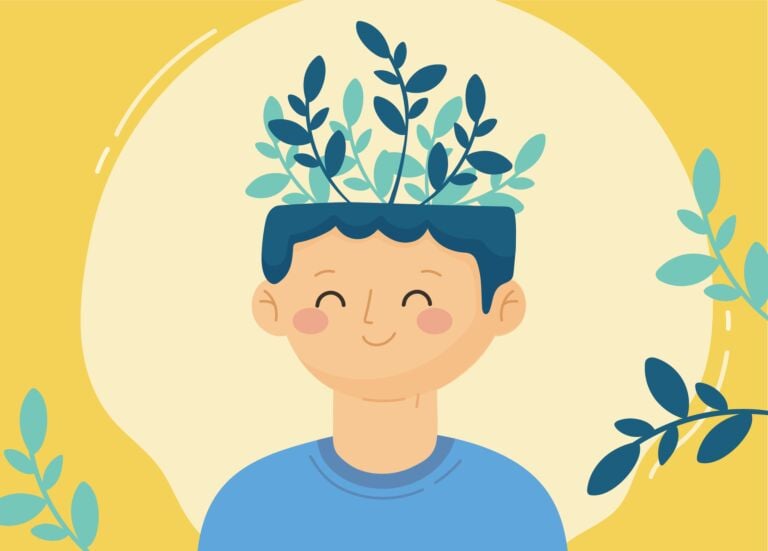
Children may be experiencing a variety of emotions in response to the coronavirus outbreak and the disruption to their lives, such as anxiety, stress or low mood. It is important to realise these feelings as normal responses to an abnormal situation. Some children may need support to re-adjust to school; others may have enjoyed being at home and be reluctant to return; a few may be showing signs of more severe anxiety or depression. Others will not be experiencing any challenges and will be keen and ready to return to school.
The Department for Education, Public Health England and NHS England hosted a free webinar for school and college staff setting out how to support returning pupils and students - it discusses the impacts of the pandemic on pupils’ mental wellbeing and recovery techniques - it can be viewed here
Helping children and young people cope with stress during the pandemic
There are some key actions you can consider to support your child or young person’s mental health and wellbeing during the pandemic;
Listen to and acknowledge their concerns, Children and young people may respond to stress in different ways, the signs may be -
- Emotional (they may be upset, distressed, anxious, angry or agitated)
- Behavioural (they may become more clingy or more withdrawn, or they may wet the bed)
- Physical (they may experience stomach aches)
Provide clear information about the situation -
Children and young people want to feel assured that their parents and carers can keep them safe. One of the best ways to achieve this is by talking openly about what is happening and providing honest answers to any questions they have, using words and explanations that they can understand. Explain what is being done to keep them and their loved ones safe, including any actions they can take to help, such as washing their hands more often than usual.
Have a look through our Back to School Covid Resources Page for child friendly pdf books offering a way of helping and explaining the pandemic to children
Be aware of your own reactions -
Remember that children and young people often take their emotional cues from the important adults in their lives, so how you respond to the situation is very important. It is important to manage your own emotions and remain calm, speak kindly to them, and answer any questions they have honestly.
Connect regularly -
Make time to connect with your children and give them time to talk about their feelings, concerns or worries as well as using this time to reinforce positives on how they are progressing. If it is necessary for you and your children to be in different locations to normal, make sure you still have regular and frequent contact via the phone or video calls with them. Try to help your child understand what arrangements are being made for them and why in simple terms.
Limit exposure to the media -
Like adults, children and young people may become more distressed if they see repeated coverage about the coronavirus pandemic in the media. However, a complete news blackout is rarely helpful as they are likely to find information from other sources, such as online or through friends. Instead, consider limiting the amount of exposure you and your family have to media coverage and be mindful about how and what media they can access.
All children and young people are different, but there are some common ways in which different age groups may react to a situation like the coronavirus pandemic.
For infants to 2 year olds
Infants may become more easily distressed. They may cry more than usual or want to be held and cuddled more.
For 3 to 6 year olds
Preschool and nursery children may return to behaviours they have outgrown, such as toileting accidents, bed-wetting, or being frightened about being separated from their parents or carers. They may also have tantrums or difficulty sleeping.
For 7 to 10 year olds
Older children may feel sad, angry, or afraid. Peers may share false information but parents or carers can correct the misinformation. Older children may focus on details of the situation and want to talk about it all the time, or not want to talk about it at all. They may have trouble concentrating.
Minded is a free online educational resource on children and young people’s mental health for all adults, which can support parents and carers through these exceptional circumstances.
Children with learning disabilities -
Children and young people with learning disabilities can feel a loss of control in times of uncertainty. They may need more support or adapted explanations about the pandemic.
Suggested ways to help them could be by:
- Supporting their decisions
- Representing choices visually through written words, pictures, symbol systems or objects if helpful
- Supporting them to express their emotions
- Letting them know they are not alone
Have a look through our Back to School Covid Resources Page for resources which may help those with learning difficulties’ and those caring for them through the pandemic


 UK - English (£)
UK - English (£)